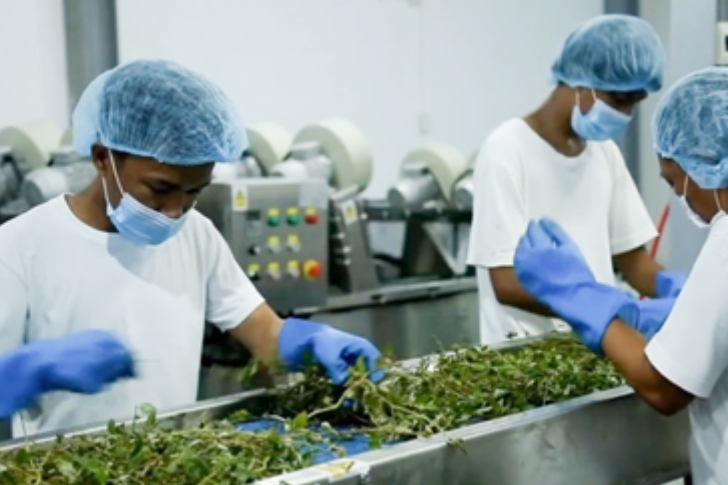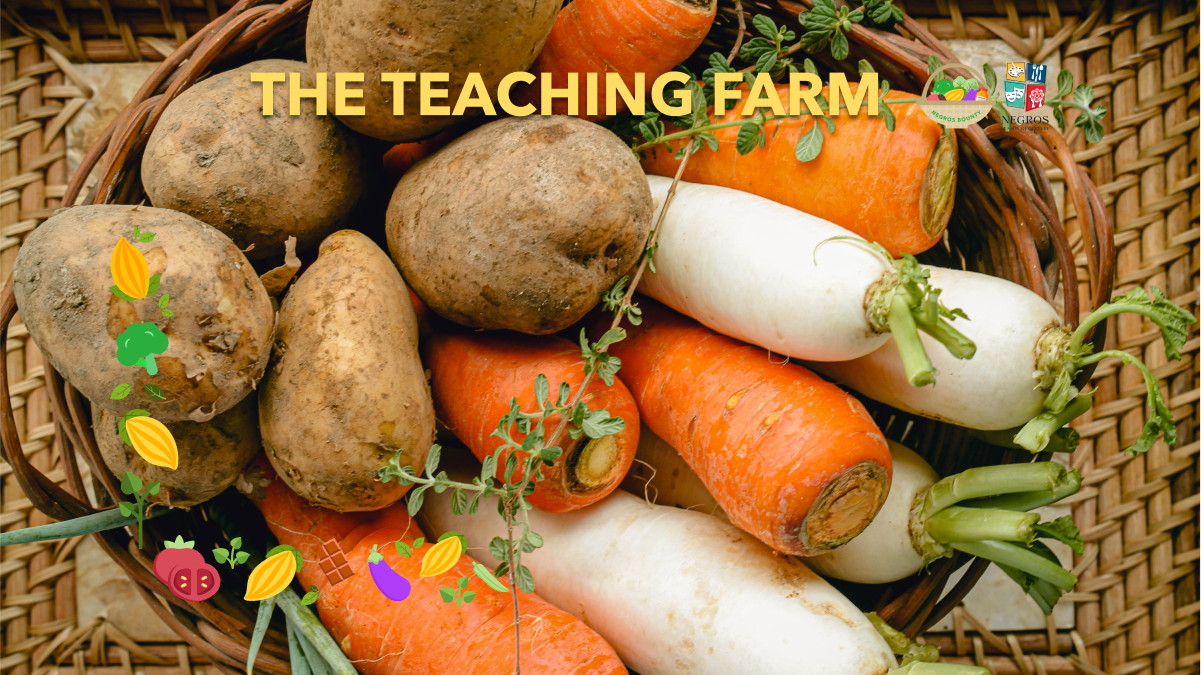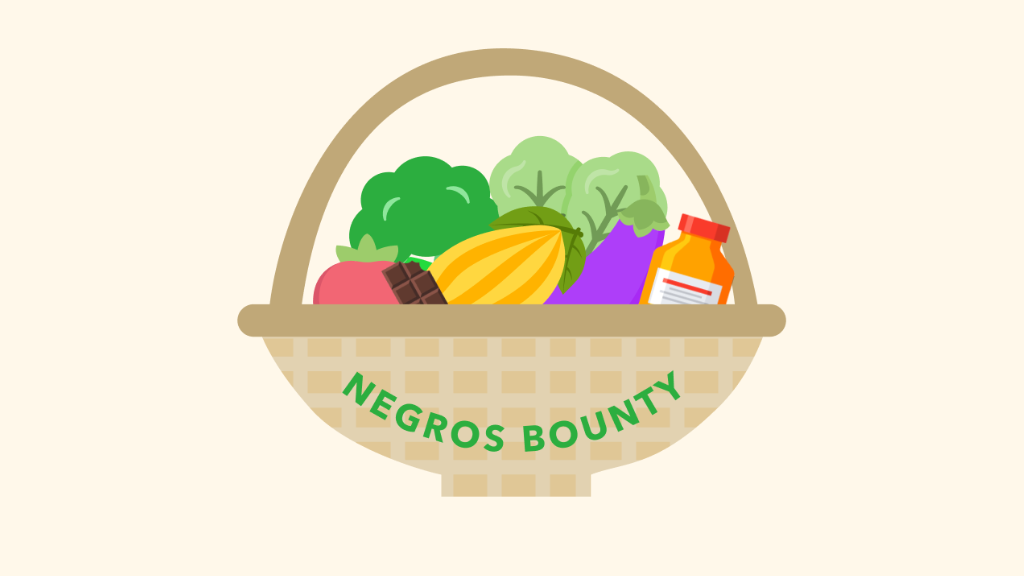At Negros Season of Culture we anchor our stories on three values: Integrity, Industry, and Innovation. It is rare that all three are talked about in a single month. Thankfully, we are able to do that in August.
August is at the peak of the country’s wet season, and here in Negros Occidental, when it rains, we dance. We dance to celebrate the bounty of the land which, in these times, includes naturally grown vegetables, the star food group in every “farm to-table” conversation.
But farm-to-table doesn’t only mean eating naturally grown food that’s harvested and cooked quickly to preserve freshness. Farm-to-table also means making sure you reduce your carbon footprint in the process. Exigencies of the time have made us cut corners, though, and so we relied on fresh-looking vegetables in the supermarket, or healthy-sounding food on a home delivery menu. While these are well-intentioned, the integrity of farm-to-table requires we complete the loop. Alas, picking vegetables from one’s own garden and schlepping them over to the kitchen is not always accessible, even inconvenient for city dwellers, and quite a task for the uninitiated gardener and cook.

The Teaching Farm
In Murcia, a town so blessed with rich soil and cool weather, we find a farm of naturally grown vegetables. Buoyed by its main enterprise of selling fresh produce, it recently opened its doors to Saturday diners. Vientos de la Granja by Twenty-Six Herb Garden is the advocacy of Dr. Anabel Villanueva. In “The Teaching Farm”, visitors come to pick vegetables from the garden and right there have them prepared for healthy meals. By buying at source, cooking at source, and dining at source, we complete the experience of farm-to-table. While waiting for the stock to boil, there’s learning to be had, about how to grow vegetables naturally in ways that are practical so we can grow them at home, in our own garden plots, or window pots, and so further live by the integrity of farm-to-table dining.

In Search of Heritage Cacao
For heritage to be heritage, it requires human industry to preserve it and pass it on through years, nay centuries. Heritage is central to the work of NSC. And while it readily brings up images of Augustinian churches, there’s more in store. The Galleon Trade between Manila and Mexico City (1565-1815) was started by Fray Andres de Urdaneta, an Augustinian friar and popular circumnavigator. On several of these trips, cacao was brought from Mexico to the Philippines, for sure to be propagated here so the Spanish colonizers who had settled in may chill over cups of cocoa.
“In Search of Heritage Cacao” is a rare chance to sit down and learn from one of the world’s leading cacao farmers, Cris Fadriga. From his farm in Bago City here in Negros Occidental, he has relentlessly sought to find specimens of the rarest type of cacao dating back to the galleon trade. His patience and industry to scour the islands for sample trees paid off with national and international recognitions. Deservedly so, now he wants his farm to be a learning center. Why not start here? Let this be Cacao 101, or Cocoa 101, whichever end you’d like to dip into first.
Nothing can restrain a creative mind. From the dusty roads of agricultural Negros, it can venture far afield, beyond food and into health and wellness, for so long as it does not rest from innovation.

There is Always a Better Way
In Bago City, a botanical garden showcasing hundreds of Philippine medicinal and aromatic plants is at the heart of the innovative work of Herbanext Laboratories. Several satellite organic farms provide the company its arsenal of raw materials – including banaba, bitter gourd, cat’s whisker, five-leaf chaste tree, ginger, green chireta, roselle, wild tea, and turmeric. Herbanext works with various research institutions to develop herbal extracts for the manufacture of health supplements, functional foods, fitness beverages, even cosmetics.
In our story “There is Always a Better Way”, Philip S. Cruz, the visionary leader of Herbanext Lab, shows how he is driven by innovation, always moving past the recognitions he achieves. Consequently, he has not only changed the course of his company, but even that of the industry his company leads.

Text By: Alan S. Gensoli
Photo By: Aries Abdon Cortez, Bakunawa Films, Theon Cruz
Logo By: Thea Torres










